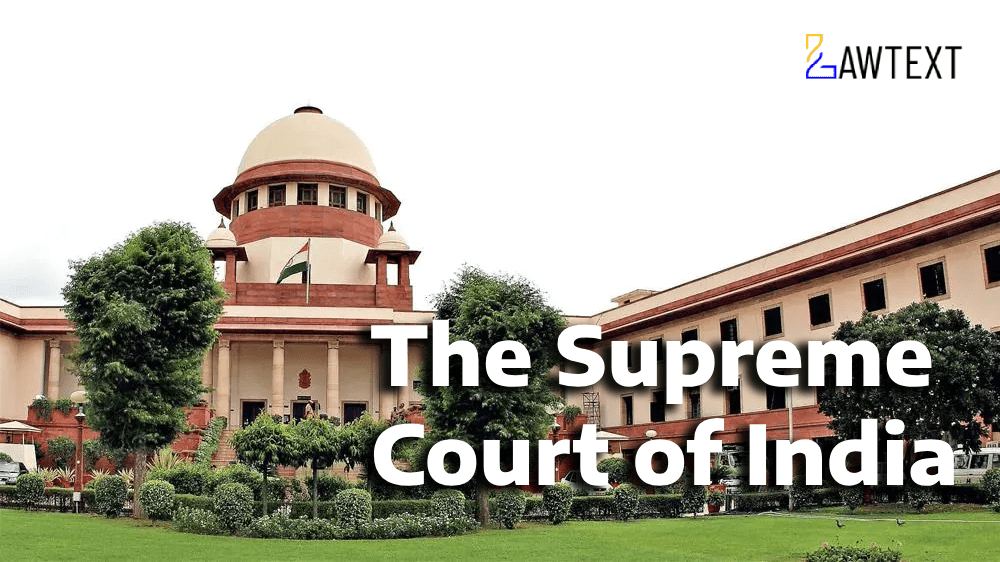Supreme Court Upholds the Principles of Natural Justice in Pay Recovery Case "Revisiting the legality of retrospective pay recovery"

CASE NOTE & SUMMARY
The Supreme Court addressed the issue of recovery of excess payments made to the appellant, a retired government employee, due to an error in pay fixation. The court held that the reduction of pay scale and subsequent recovery without prior notice was in violation of the principles of natural justice. The judgment reiterated that such recovery, especially after a significant delay, is inequitable unless there was a misrepresentation or fraud on the part of the employee.
1. Introduction
- Overview of the case where the appellant, Jagdish Prasad Singh, a retired employee of the Bihar Government, challenged the recovery of excess payments made to him due to an alleged error in pay fixation.
2. Facts of the Case
- Appointment and Promotion History: Singh was appointed as a Supply Inspector in 1966 and received multiple promotions, eventually retiring as Assistant District Supply Officer (ADSO).
- Pay Scale Revision: The Bihar Government revised pay scales, affecting Singh's pension calculation.
- Recovery Notice: Eight years after retirement, Singh was notified about an error in his pay fixation, leading to a demand for the recovery of ₹63,765.
3. Legal Issues
- Violation of Natural Justice: The reduction in pay and recovery was done without prior notice to Singh, breaching the principles of natural justice.
- Retrospective Recovery: The legitimacy of recovering excess payments after a considerable delay.
4. Court’s Analysis
- Reference to Precedents: The court referenced the case of Syed Abdul Qadir v. State of Bihar, highlighting the inequity of recovery after a significant period unless the overpayment was due to misrepresentation or fraud.
- Interpretation of Government Resolutions: The court examined the government resolutions that were cited as the basis for the pay scale revision and subsequent recovery.
5. Judgment
- Final Ruling: The Supreme Court ruled in favor of Singh, emphasizing that recovery of excess payments made due to a government error cannot be justified retrospectively after such a long period, especially when there was no misrepresentation or fraud by the employee.
6. Conclusion
- Implications for Public Service Employees: The judgment reinforces the protection of employees' rights against arbitrary and retrospective recovery of payments, ensuring that government actions are in line with principles of fairness and justice.
ISSUE OF CONSIDERATION
JAGDISH PRASAD SINGH VERSUS STATE OF BIHAR AND OTHERS
Citation: 2024 LawText (SC) (8) 83
Case Number: CIVIL APPEAL NO(S). 1635 OF 2013
Date of Decision: 2024-08-08
Case Title: JAGDISH PRASAD SINGH VERSUS STATE OF BIHAR AND OTHERS
Before Judge: (SANDEEP MEHTA J. , R. MAHADEVAN J. )
Appellant: JAGDISH PRASAD SINGH
Respondent: STATE OF BIHAR AND OTHERS

